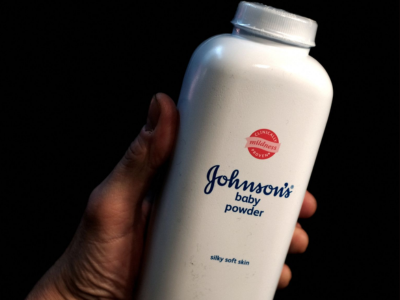Johnson & Johnson Faces Major UK Lawsuit Over Alleged Cancer Risks in Baby Powder
- by Editor
- Oct 16, 2025

Credit:
More than 3,000 British citizens have filed a landmark lawsuit against Johnson & Johnson and its consumer health spin-off, Kenvue, alleging that prolonged use of talc-based baby powder led to life-threatening cancers.
The case, now before London’s High Court, mirrors thousands of similar claims in the United States and could reshape corporate accountability across borders.
The plaintiffs, represented by KP Law, claim exposure to asbestos-contaminated talc between 1965 and 2023 caused ovarian cancer and mesothelioma—an aggressive cancer linked to asbestos.
Johnson & Johnson is accused of concealing known risks and promoting misleading safety assurances. Among the claimants are families like Janet Fuschillo, 75, who developed ovarian cancer after decades of use, and Patricia Angell, whose husband Edward died of mesothelioma in 2006 after routine talc application following factory shifts.
J&J, which discontinued talc-based baby powder in the U.S. in 2020 and globally in 2023, strongly denies the allegations. The company maintains that extensive testing by independent laboratories and regulators has consistently found no asbestos in its products. Kenvue, now managing the brand post-corporate split, echoed condolences but stood firm: “Johnson’s baby powder did not contain asbestos and does not cause cancer.”
The UK case adds to a growing transatlantic reckoning. In the U.S., J&J faces over 40,000 lawsuits, including a recent $966 million jury award to a mesothelioma victim’s family—though subject to appeal and capped under broader settlement agreements totaling $8.9 billion. UK compensation tends to be more conservative, with success hinging on proving negligence and establishing a link between talc and asbestos exposure, which the NHS classifies as a known carcinogen.
Lead counsel Michael Rawlinson KC accused J&J of suppressing internal mine reports and scientific warnings, while allegedly influencing regulators and funding studies to downplay potential harm. As proceedings unfold, the case casts a harsh spotlight on a product once synonymous with comfort and care—now at the center of grief and legal scrutiny.













0 Comment(s)